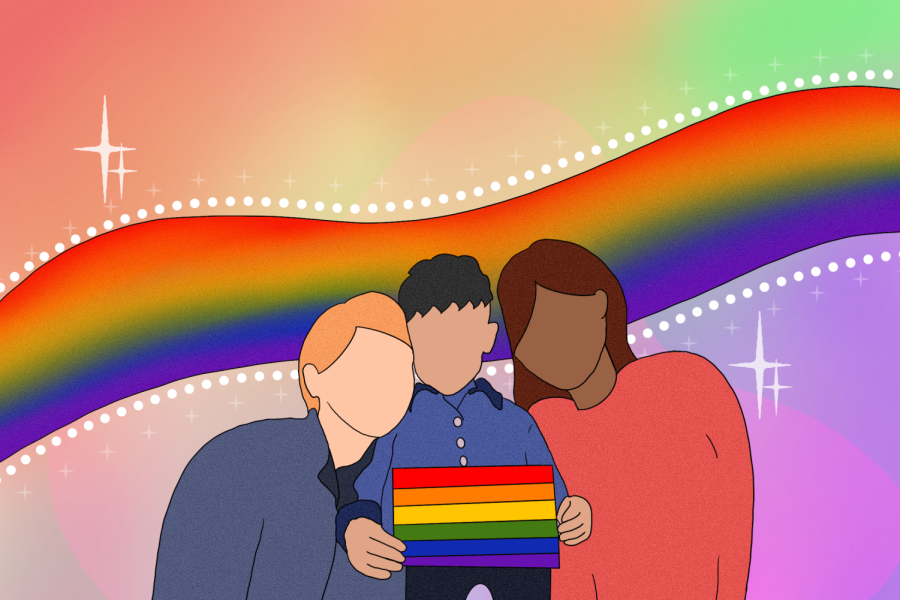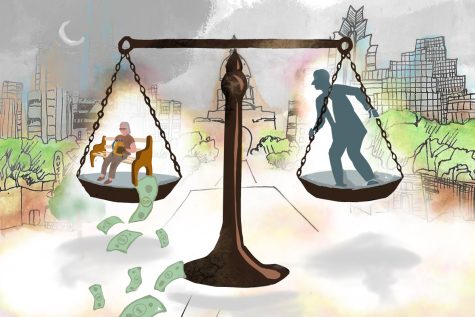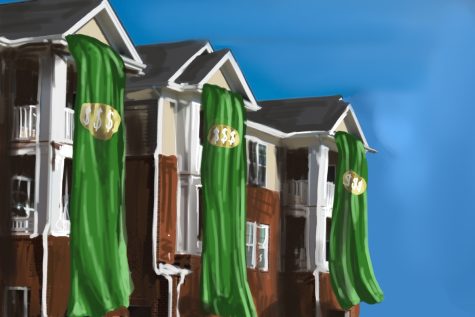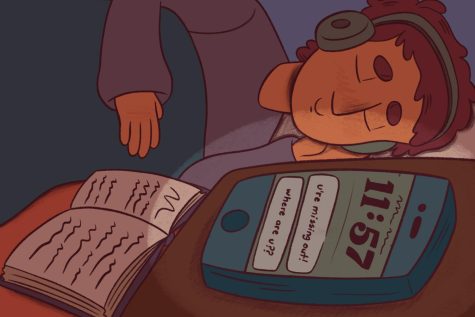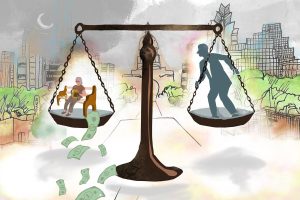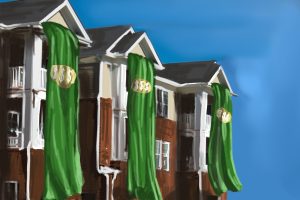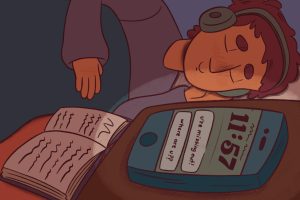Having same-sex parents doesn’t make my life different
November 8, 2022
Eighteen years ago, I was born to two mothers in a “domestic partnership.” I’ve never questioned why I had two moms. For my brother and me, we were just like any other family.
Personally, not having a dad never affected me because having two mothers meant two parents. The role of a “father” seemed optional, so I didn’t understand why people cared so much about the conventional family structure. My moms gave me a normal childhood experience, and our family functioned like everyone else’s.
Same-sex parents aren’t really different from the traditional “mother-father” unit.
My moms didn’t tell me the difficulties they faced as same-sex parents until later in life. As a child, I hated government offices because of the amount of time each visit demanded. Later on, though, I realized that those long hours were because of extra obstacles that my moms had to jump through to be seen as my legal parents. One time, the restlessness had settled in so much that seven-year-old me yelled at the front desk worker, “She’s literally my mom, okay.”
While the Pride movement has seen significant progress in the last decade, many Americans continue to view LGBTQ+ parents in a different manner than opposite-sex parents. According to a 2022 survey by the Morning Consult, only 67% of United States adults say they are “very” or “somewhat” comfortable with a child being raised by a same-sex couple. Additionally, in the last year, the Republican Party of Texas released their new platform which identified homosexuality as an “abnormal lifestyle choice.” This harmful, homophobic narrative makes society less accepting towards families of same-sex couples.
Although gender differences do exist, children do not specifically need a mother and father to turn out “fine.” Studies show that children raised by same-sex parents don’t differ in their emotional functioning and behavioral adjustment compared to children of heterosexual parents.
If someone were to look at my brother or me, they wouldn’t be able to determine us as “the kids of gay parents.” As a child of same-sex parents, I feel the same as everyone else.
I didn’t know my family was “different” until society told me so. Even at a young age, my friends never questioned why I had two mothers. Once we reached middle school, however, certain norms and traditions began to cast out my family dynamic. Father-daughter dances and “class moms” were not only sexist practices, but also inconsiderate to anyone without both a mom and a dad.
As society progresses forward, we’ll see more children of same-sex couples. Education is the first step towards progress. Creating a new narrative that does not differentiate LGBTQ+ parents starts with academic institutions having more open conversations about the topic.
If you don’t mention the part about two mothers, my family would look the same as any traditional nuclear family: two parents, a brother, a sister, two dogs. We exist just like anyone else.
When I’m asked how having two moms has affected me, I don’t have an answer. They’ve affected me in the same way as any other parent affects their child because they are like any other parent. My moms showed me how to be loved, how to love, how to grow and recover, and have supported me all the way to my now adulthood.
Monday is a Plan II and health and society freshman from Houston, Texas.

